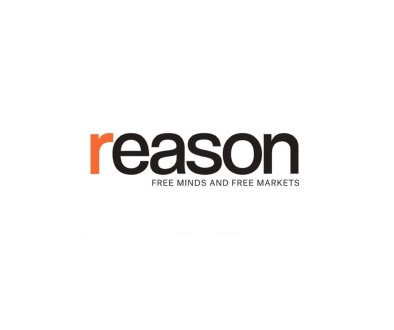Private Voluntary Bar Association Has First Amendment Right to Discriminate Based on Race, Sex, Sexual Orientation
Dec. 20’s N.J. appellate court decision in Saadeh v. N.J. State Bar Ass’n (opinion by Judge Allison Accurso, joined by Judges Katie Gummer and Kay Walcott-Henderson) upheld various race, sex, sexual orientation, and other preferences that the New Jersey Bar Association—a private, voluntary organization that had as members 16,000 of the 98,000 New Jersey licensed lawyers—set up for various leadership positions. The court applied Dale v. Boy Scouts of America (2000), which held that the Boy Scouts had a First Amendment right to exclude gays from being assistant scoutmasters, who helped convey the Scouts’ values; the same, the court held, protected the Association’s decisions:
[T]he Bar Association qualifies as an expressive association, and … compelling it to end its practice of ensuring the presence of designated underrepresented groups in its leadership would unconstitutionally infringe its ability to advocate the value of diversity and inclusivity in the Association and more broadly in the legal profession.
The record reflects the Association’s many forms of public expression and advocacy on matters of public concern, including the importance of diversity within the Association, in the legal community, and in continuing legal education…. [T]he Bar Association also engages in expressive activity in determining the composition of its governing Board of Trustees and other leadership bodies.
The Association’s by-laws are explicit in requiring representation of a cross-section of its membership on the Board of Trustees, the Nominating Committee and JPAC [Judicial and Prosecutorial Appointments Committee]. In addition to allocating slots to members representing the county bar associations and a mix of sections, the by-laws also reserve slots for members representing demographic groups historically underrepresented in the Association’s leadership, a consciously deliberate choice expressing the Association’s vision of diversity and inclusion in the Association and in the broader legal community.
Given the Bar Association engages in expressive activity and that it does so through its method for filling at-large seats on its Board of Trustees, Nominating Committee and JPAC, we next consider whether compelling the Association to alter or eliminate its inclusion program “would significantly affect” the Association’s “ability to advocate” its viewpoints. See Dale.
As the Bar Association argues in its brief, its “message is clear”; it “deeply values diversity in the legal profession,” and it expresses that value in the “intentional makeup” of the Board and Committees that lead the Association. The Bar Association’s decades-long commitment to diversifying its leadership, as established in the record, leaves no doubt about the sincerity of its commitment.
The Association maintains that forcing it to end its long-standing practice for filling at-large seats runs “the risk, borne out by history,” that “underrepresented groups will not be guaranteed a seat at the table.” It contends that would undermine the Association’s “expression of commitment to promoting equal participation” within the Association and interfere with its efforts “to maintain a leadership that models the very diversity it champions publicly.”
The Association argues “an unwanted imbalance in racial, ethnic, or gender representation within its leadership bodies” would impair its effectiveness as “a collective voice in matters of concern to the legal profession” and force it “to send the undesired message that it no longer cares, or cares as much, about diversity in general or about assuring access to leadership positions for underrepresented groups in particular.” As the Supreme Court has commanded, we are obliged to “give deference to an association’s view of what would impair its expression.” “[T]he choice of a speaker not to propound a particular point of view … is presumed to lie beyond the government’s power to control.”
As the Bar Association’s commitment to the importance of diversity in the legal profession has been much more a fixture of its private and public expressions than the Boy Scouts’ former views on homosexuality were in its private
Article from Reason.com

The Reason Magazine website is a go-to destination for libertarians seeking cogent analysis, investigative reporting, and thought-provoking commentary. Championing the principles of individual freedom, limited government, and free markets, the site offers a diverse range of articles, videos, and podcasts that challenge conventional wisdom and advocate for libertarian solutions. Whether you’re interested in politics, culture, or technology, Reason provides a unique lens that prioritizes liberty and rational discourse. It’s an essential resource for those who value critical thinking and nuanced debate in the pursuit of a freer society.

